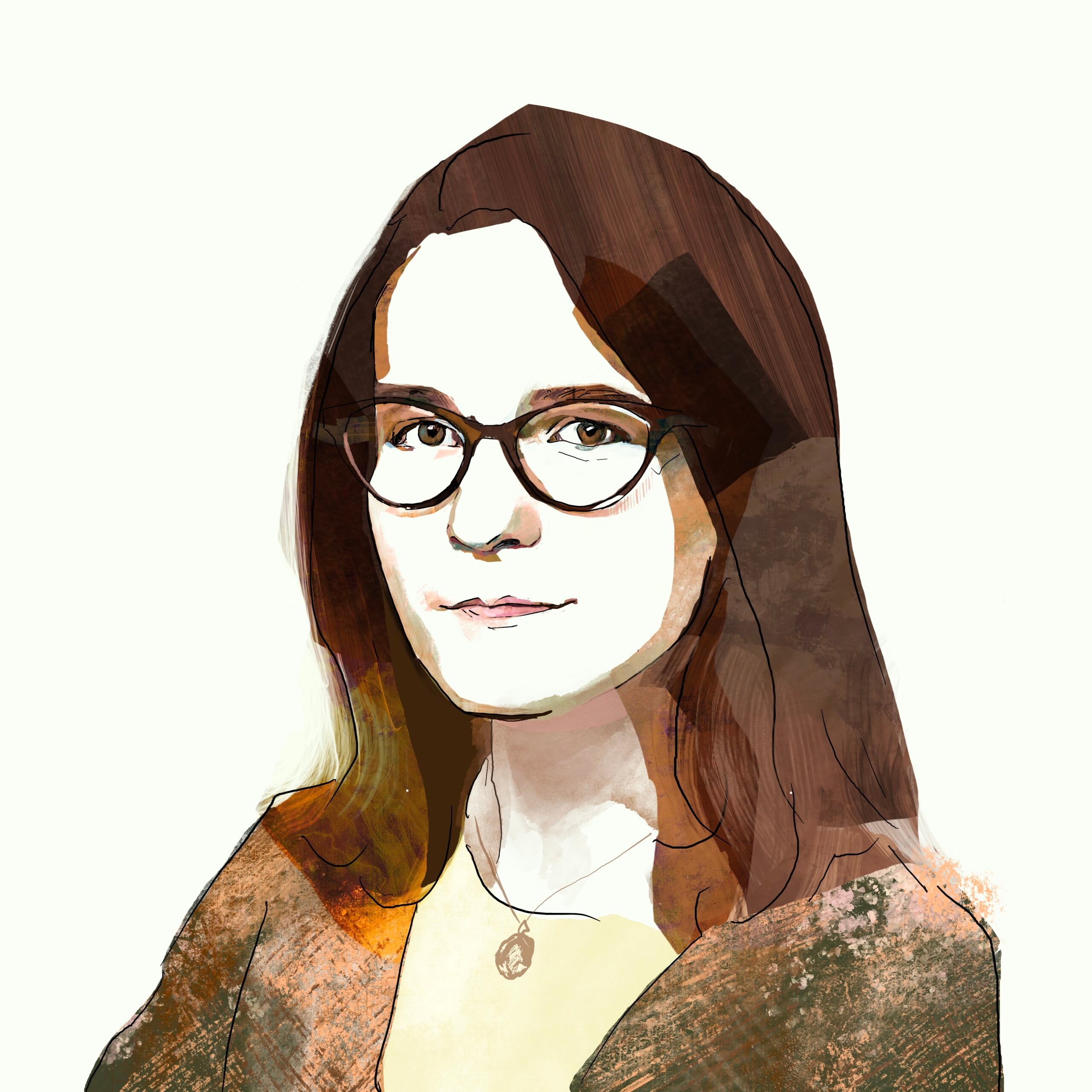Our friends at the Claremont Review of Books are generously offering free access for First Things web readers to a couple of articles in their latest (excellent) issue. Today I bring you “A Historian’s Craft,” Algis Valiunas’s felicitous essay on the great nineteenth-century Swiss historian Jacob Burckhardt.
An illustrious professor of history in the old Protestant city of Basel, Burckhardt was, like Winckelmann and Goethe before him, a Teuton yearning for the Mediterranean—for “the open-air sweetness of Italy, with [its] lemon groves” and troves of art. He was also a stoical solitary sort, who “lived alone in two rooms above a bakery” and “never married, never really came close.” He was what we might call an odd duck, and Valiunas sketches his character lightly and deftly.
His career likewise. Valiunas surveys three Burckhardt works, which together constitute “the most important treatment of ancient, Renaissance, and modern history composed by one scholar.” Burckhardt hit all the civilizational high points, tracing the whole flattering arc of human achievement. Or not so flattering? Valiunas draws attention to Burckhardt’s contrarian streak. In The Greeks and Greek Civilization, Burckhardt had this to say about the Greek polis, with its unlimited interventions in the lives of its citizens: “[T]he polis was implacable toward any individual who ceased to be totally absorbed in it. … The absence of individual freedom went hand in hand with the omnipotence of the State.” It gets tougher from there. Burckhardt was a defector from the classicist exaltation of the Greeks—and further, from the neo-humanist tradition that exalted moderns who appropriated the Greeks’ legacy.
Burckhardt was not one for self-congratulatory historiography. To many of his contemporaries, history appeared to confirm modern ascendancy. One century led to another, and nineteen centuries had led us to this high plain on which we found ourselves, above constraint and prejudice. Not so, wrote Burckhardt in Reflections on History:
Our profound and utterly ridiculous self-seeking first regards those times as happy which are in some way akin to our nature. Further, it considers such past forces and individuals as praiseworthy on whose work our present existence and relative welfare are based. Just as if the world and its history had existed merely for our sakes! For everyone regards all times as fulfilled in his own, and cannot see his own as one of many passing waves.
No Whig historian, he! Against the chronological snobbery of his day (and ours?), Burckhardt looked into the past and found that it wasn’t all about us—nor was history visibly progressive.
Burckhardt’s own life had certain points of contact with history. For nine years, a young Friedrich Nietzsche was a colleague of his at the University of Basel. Valiunas relates that
the two remarkable men enjoyed a cordial reciprocal admiration; close friendship was not in the cards, however, for Burckhardt maintained a normal appetite for “the excellent daily bread ‘good and evil,’” and Nietzsche was soon pursuing dark ecstasies far beyond the sober professional reach. They did continue a warm correspondence after Nietzsche left, though, and it was to Burckhardt that Nietzsche wrote from Turin in the grip of madness: “I would rather be a professor from Basel than God.”
This passage gives a sense of the literary pleasures of the piece. Though outwardly quiet, Burckhardt’s life yielded poignant events and pungent quotes—niftily curated by the essayist and well served by his precise evocations.
There’s more where that came from. Head on over there and enjoy life beyond the subscription firewall.
The Battle of Minneapolis
The Battle of Minneapolis is the latest flashpoint in our ongoing regime-level political conflict. It pits not…
Of Roots and Adventures
I have lived in Ohio, Michigan, Georgia (twice), Pennsylvania, Alabama (also twice), England, and Idaho. I left…
Our Most Popular Articles of 2025
It’s been a big year for First Things. Our website was completely redesigned, and stories like the…


